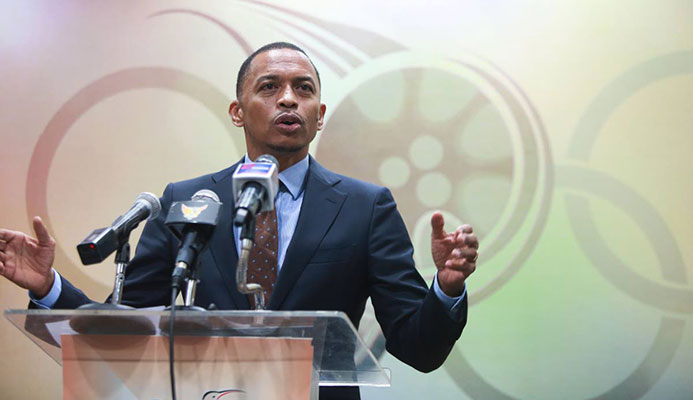Ever so often it is necessary to remind or introduce the citizens of Trinidad and Tobago to factual information about the Olympic Movement. The who, what and why. What is the purpose of the Olympic Movement? The movement is of long standing. Its history can be traced back to the year 776 BC.
The Olympic Movement encompasses organisations, athletes and other persons who agree to be guided by the Olympic Charter. Their shared goal is to contribute to building a peaceful and better world by educating youth through sport practised in accordance with Olympism and its values.
Led by the International Olympic Committee (IOC) the main constituents of the Olympic Movement are the International Federations (IF) and the National Olympic Committees (NOCs) .
The Olympic Movement also includes the Organising Committees of the Olympic Games( OCOGS); the national associations, clubs and persons belonging to the IFs and NOCs, in particular the athletes whose interests consitute a fundamental element of the Olympic Movement's action; judges, referees, coaches and the other sports officials and technicans. It also includes other organisations and institutions as recognised by the IOC.
The principles and values of Olympism support the Olympic Movement in its mission to ensure the regular celebration of the Olympic Games, place athletes at the heart of the Olympic Movement, educate youth through sport and promote the Olympic values in society.
The mission, values and working principles underpin a vision that is embedded deep within the Olympic Movement, contributing to its ultimate goal of building a better world through sport.
Every member of the Olympic Movement is suppose to be guided by the Olympic Charter- the codification of the Fundamental Principles of Olympism, Rules and Bye-Laws adopted by the IOC. It governs the organisation, actions and functioning of the Olympic Movement and establishes the celebration of the Olympic Games.
The Olympic Charter serves three main purposes:
(1) As a basic instrument of a constitutional nature,
(2) It serves as statutes for the IOC
(3) It defines the reciprocal rights and obligations of the main constituents of the Olympic Movement.
The T&T Olympic Committee(TTOC) by virtue of the Olympic Charter is considered one of the main constituents of the Olympic Movement. The TTOC as a consequence has a duty, obligation and responsibility to recognize it is expected to be held to a higher standard in leading the Olympic Movement on the twin island Republic.
On matters of governance, taking decisions to secure the sustainable future of the TTOC and the welfare and safeguarding of athletes . The role and responsibilities of the TTOC is both simple and complex. The Olympic Charter can both me a guide or a shackle but regardless it remains the reference point. The TTOC cannot be a shrinking violet not in in the face of the challenges of 21st century T&T. It needs to be bold, brave and unconquerable.
Editor's note:
Brian Lewis is the president of the T&T Olympic Committee (TTOC) and his views are not necessarily those of the organisation.

